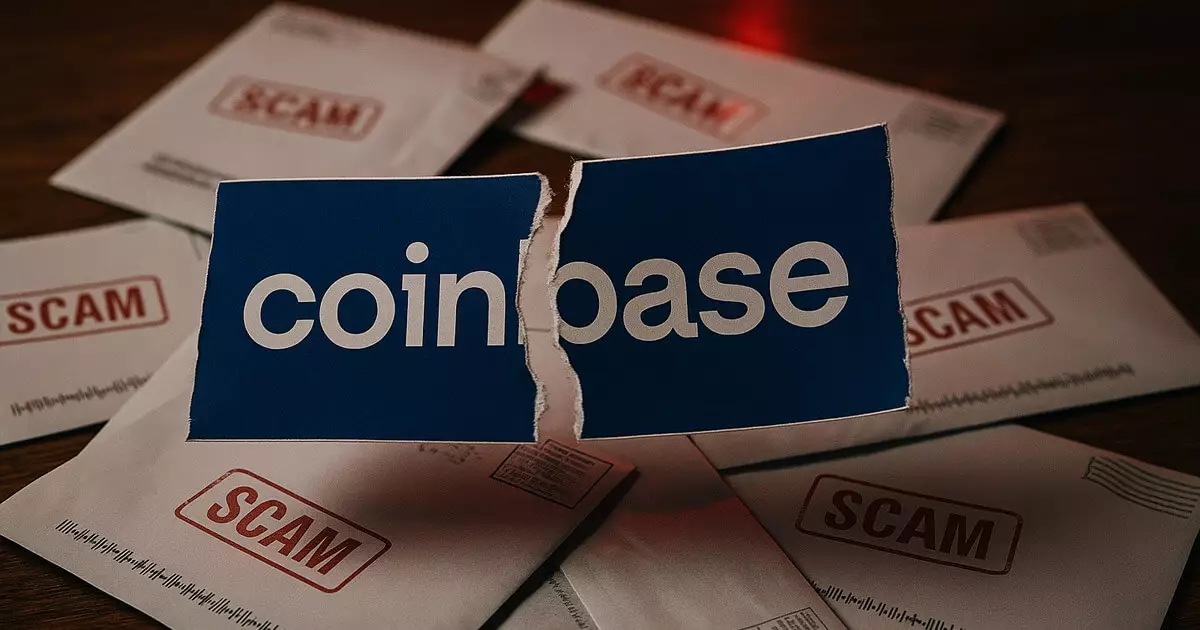The recent data breach at Coinbase has unveiled a concerning reality: the vulnerability of personal data in our increasingly digital world. Following the leak, victims have not only had to deal with digital scams but now face the alarming emergence of fraudulent physical letters popping up in their mailboxes. This transition from online phishing to traditional postal scams represents a deeply unsettling trend that could transform the landscape of identity theft, moving us from the digital arena into the real world.
Exploiting Trust: The Anatomy of the Scam
In a post by Mike Dudas, founder of The Block, he vividly underscores the danger of this new scam—receiving a letter using his personal details that pretended to offer protection services in partnership with Coinbase and IDX. Herein lies the crux of the problem: scammers are exploiting not just the compromised data but the trust that customers place in reputable companies. Such tactics diminish the sense of security that people should feel when engaging with financial services. Dudas’ dire warning encapsulates the fear many now grapple with: “Your data is now everywhere, and you are a global target.”
Physical Mail: A Shift in Scamming Tactics
Typically, scams linked to the cryptocurrency world operate within the confines of the internet. However, this recent evolution into physical mail suggests a sinister shift. Scammers have abandoned digital anonymity for the tangible and audacious, leveraging personal data to manipulate potential victims in their very homes. This transition raises critical questions about our current understanding of security; if something as basic as postal communication can be weaponized against us, where does that leave our expectations for personal privacy?
The Broader Implications of Data Exposure
The breach has compromised sensitive information pertaining to over 69,000 Coinbase users, including names and partial Social Security numbers. Security experts predict that such comprehensive exposure can open the floodgates for a variety of cybercriminal activities ranging from identity fraud to social engineering scams. Coinbase, while insisting that passwords and crypto funds remain unbreached, might downplay the potentially disastrous consequences of hacked identities and the ensuing emotional distress for victims.
Accountability and Corporate Response
As the scam situation unfolds, one must consider the responsibility of corporations like Coinbase to safeguard user data. The company’s previous responses—enhanced security measures, voluntary credit monitoring, and a $20 million bounty for the arrest of the attackers—reflect a business model that seems more reactive than proactive. While Coinbase is exploring corrective measures, the real question is whether companies are doing enough to foresee and mitigate solutions to breaches before they happen. The tech industry must not only improve data protection; it must foster a culture of accountability that places user trust at its core.
In light of such events, it is evident that the battle for safeguarding personal information requires a renewed commitment to vigilance—not only from users but also from the companies that cherish user trust as a cornerstone of their operations.















